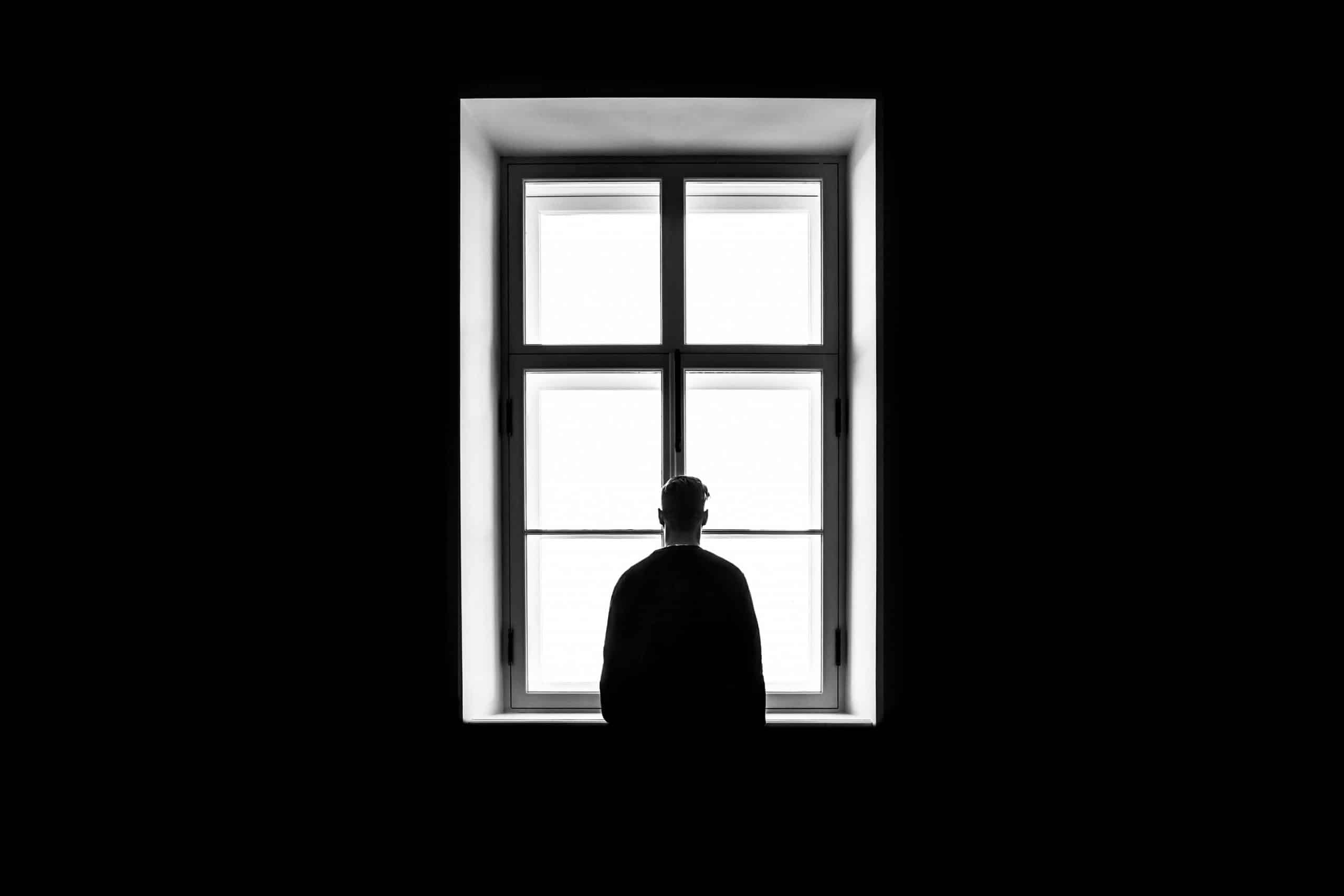The coronavirus epidemic continues to dominate attention across the world. The lockdown has been a key feature of the pandemic. In the U.S., one report estimates that the entire crisis could take 18 months to resolve. While lockdowns shouldn’t last as long as that, it does give a taste of what’s to come. Isolation can bring with it a few negative side effects that can have a serious impact on long-term health. Being vigilant to these stressors and the signs that they are becoming a problem will be important as lockdown continues.
Cognitive Decline
The most pressing health problem associated with long-term isolation is cognitive decline. According to the American Psychological Association, studies in older people have shown loneliness and social isolation causes accelerated cognitive decline, noticeable in dementia-like symptoms such as a particularly short memory. The best way to combat this is to keep the brain active. Stay in touch with friends and family, and look into a hobby. Hobbies are one of the best ways to combat cognitive decline and are simple to pick up. Drawing, for instance, can be started using only the internet and pens and pencils. Try simple subjects at first, like drawing a dog, and then build your way up.
Mental Health
In addition to cognitive decline, isolation has been linked to a decline in mental health. According to the BBC, this is linked to a lack of social contact and the perspective that social contacts bring. Other people may struggle with having so much time alone and without ‘keeping busy’ with work. As much as time can exacerbate mental health problems, it can be an opportunity, too. Find more time for meditation and mindfulness to help your mental health. Or perhaps join a community, in a recent survey by Sixty and Me, 63% of 500k women in the community reported feeling less lonely.
Physical Illness
According to one report studied by The New Yorker, loneliness and isolation can cause serious health effects. These are largely centered around heart disease, with stroke and obesity also among the most widely reported illnesses. This is from a combination of two factors – the impacts of loneliness and depression on the mind, and the likelihood of isolated people to follow poor nutritional habits. As with mental health, the key here is to be vigilant as to what your daily routine brings.
Poor Nutrition
Nutrition creates a catch-22 situation with mental health. When isolated, it can be difficult to obtain good quality, natural foods and drinks; this is especially pertinent currently, as coronavirus has seen shop shortages globally. However, this can cause adverse mental health, which in turn can lead to poor eating habits. Make an effort while isolated to take stock of your diet and try to cook from scratch, no matter how simply – your brain will stay engaged this way.
Difficulty Adapting
Relevant both for going in and out of long-term isolation is the prospect of re-adaptation. An issue commonly associated with prisoners and military personnel, it can and will effect those who have been isolated from wider society for other reasons. Finding a strong support network to rely on and ways to gradually get back into the flow of day-to-day life is key.
Coronavirus has brought problems like long-term isolation to the fore. While once largely restricted to certain demographics, now, millions of people are experiencing isolation. Loneliness can do more than you think to hurt your health; be ever vigilant as to how you’re feeling, and always seek help.
Credit to freelance writer, Jane Bennett

